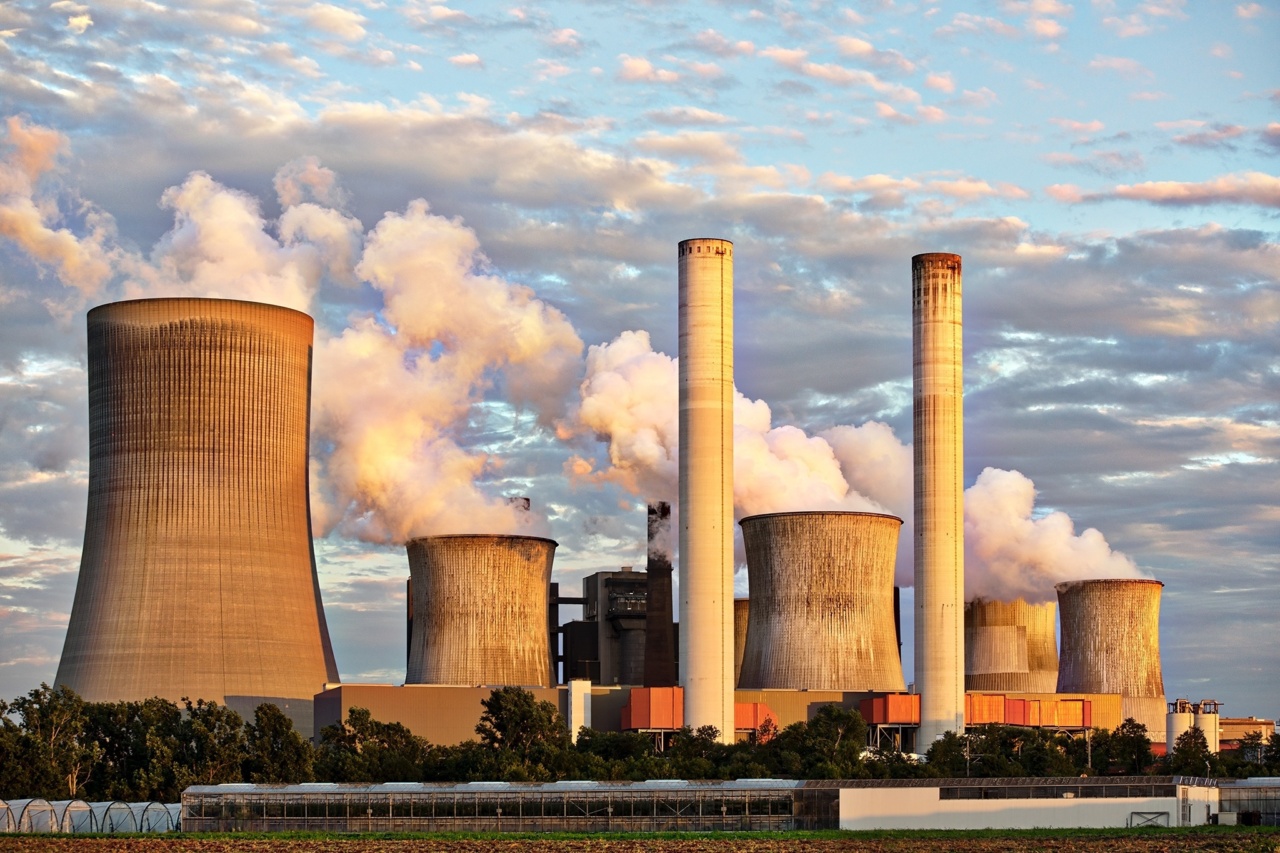According to the World Health Organization (WHO), hypertension or high blood pressure affects over 1 billion people worldwide. It is a leading cause of cardiovascular disease and contributes to a significant number of deaths each year.
While genetics, diet, and lifestyle choices play a role in hypertension, recent research has shown that cars, noise, and air pollution are major factors that contribute to the development and exacerbation of this condition.
The Impact of Cars on Hypertension
The widespread use of cars in today’s society has led to several negative health consequences, including an increased risk of hypertension. The following factors explain how cars can contribute to high blood pressure:.
1. Traffic-related Stress:
Driving in heavy traffic conditions can induce stress, leading to an acute increase in blood pressure.
The constant start-stop motion, congestion, and long commutes can be mentally and physically exhausting, causing the body to release stress hormones that impact blood pressure levels.
2. Sedentary Lifestyle:
Increased reliance on cars for transportation has resulted in a more sedentary lifestyle. People are less likely to engage in physical activities such as walking or cycling, leading to weight gain and a higher risk of developing hypertension.
3. Noise Pollution:
Cars contribute to noise pollution, which has been linked to hypertension. Exposure to constant traffic noise, particularly during sleep, can disturb sleep patterns and cause chronic stress, leading to elevated blood pressure levels.
The Link Between Noise and Hypertension
Noise pollution, especially traffic noise, has emerged as a risk factor in the development and progression of hypertension. Here are some key points to consider:.
1. Increased Stress Hormones:
Exposure to loud noise triggers the release of stress hormones like adrenaline and cortisol, causing an increase in blood pressure and heart rate.
Prolonged exposure to noise pollution can lead to chronic elevation of these hormones, contributing to the development of hypertension.
2. Sleep Disturbances:
Noise pollution, particularly during nighttime, can disrupt sleep patterns. This can result in poor sleep quality, which has been associated with higher blood pressure levels.
Additionally, fragmented sleep due to noise disturbances can lead to daytime fatigue and increased cardiovascular stress.
3. Elevated Sympathetic Nervous System Activity:
Noise pollution activates the sympathetic nervous system, which controls the body’s “fight or flight” response.
Persistent activation of this system can lead to an increased release of stress hormones, constrict blood vessels, and cause hypertension.
Air Pollution and Hypertension
The detrimental effects of air pollution on respiratory health and the environment are well-established. However, recent research has also highlighted its association with hypertension. Here’s how air pollution contributes to high blood pressure:.
1. Particulate Matter (PM) Exposure:
Air pollution, especially from fine particulate matter (PM2.5), can enter the bloodstream through the lungs and trigger an inflammatory response.
This inflammation affects blood vessels, leading to vasoconstriction, increased blood pressure, and the development of hypertension.
2. Oxidative Stress:
Pollutants present in the air, such as nitrogen dioxide (NO2) and ozone (O3), can generate oxidative stress in the body. This oxidative stress damages blood vessels and promotes the development of hypertension.
3. Impaired Lung Function:
Air pollution can reduce lung function and impair the exchange of oxygen and carbon dioxide.
This can lead to insufficient oxygen supply to the body’s tissues, including the heart, and contribute to the development of hypertension and other cardiovascular diseases.
Conclusion
As the prevalence of hypertension continues to rise, it is essential to recognize and address the major factors that contribute to this condition.
Cars, noise pollution, and air pollution have all been identified as significant contributors to the development and progression of hypertension.
Efforts to reduce car dependency, promote active transportation, and mitigate noise and air pollution are crucial in combating hypertension and improving overall cardiovascular health.
Public health initiatives, urban planning strategies, and individual lifestyle choices can play a pivotal role in minimizing the impact of these factors and reducing the global burden of hypertension.






























